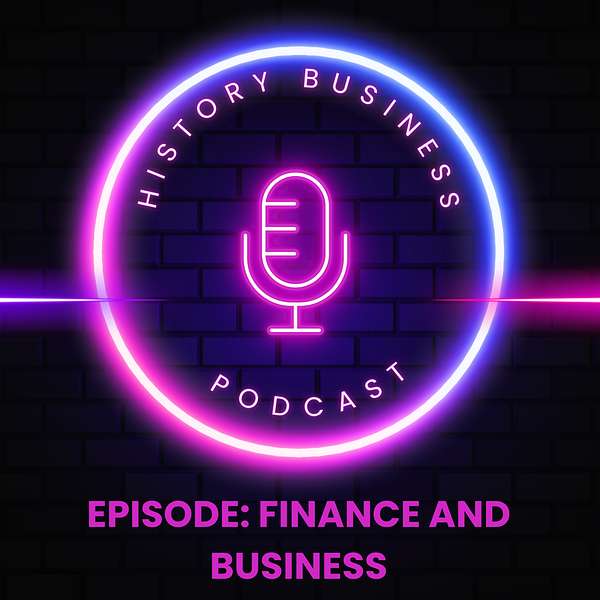
History Business: A Guide to Being a Historian for Hire
From organisational tips to how to promote your work, hosts Lucy Jane Santos and Laura Fitzachary are joined by guests to take an honest look at building a freelance career in history.
History Business: A Guide to Being a Historian for Hire
Season 1, Episode 5: Finance & Business (with guest host Karen Averby) - Season 1 finale
To round up Season 1, Lucy & Laura are joined by the incredibly generous Karen Averby to delve into the world of finances, business all basically the admin side of being a historian for hire.
Whether it is having a robust payment schedule or advance agreement in place or just knowing your worth, it seems that the business admin work of being a historian for hire is something to keep at the forefront of your mind …..
A massive, massive thank you to our wonderful guest Karen, the owner of Archangel Heritage Ltd., to get in contact with Karen and the wonderful work she does you can find her at:
Twitter: @karenaverby or @ArchAHeritage
Instagram @karen.averby
And of course you can also get in touch with her via karenaverby.co.uk and archangelheritage.co.uk
As for us you can find us on:
Twitter: @HistBizAGuide
Instagram: @historybusinessaguide
For Laura:
Twitter: & @laurafitzach
IG: @seekthehistoric
Tik Tok: @seekthehistoric
For Lucy:
Twitter: @lucyjanesantos_
IG: @lucyjanesantos_
YouTube: @lucyjanesantos_
Until next time!
Twitter: @karenaverby or @ArchAHeritage
And of course you can also get in touch with her via karenaverby.co.uk and archangelheritage.co.uk
That was quite an introduction!
Yeah, that was Lucy. She's phenomenal at writing instructions.
That's quite a question -two questions.
And I can also suggest and advise on archives or specialist collections that might be needed.
Make myself go to something jolly in the evening.
But you have to protect yourself and and that's the way to. That's the way forward.
And what advice would you give to someone like little Laura starting out in a similar endeavour?
When - is a good, really good one?
Lovely. Thank you. That was a brilliant answer I can. I can almost envisage you there.
I think that's great. I feel calmer already.
Twitter: @karenaverby or @ArchAHeritage
And of course you can also get in touch with her via karenaverby.co.uk and archangelheritage.co.uk
Instagram: @historybusinessaguide
YouTube: @lucyjanesantos_00:50:50 Laura Fitzachary